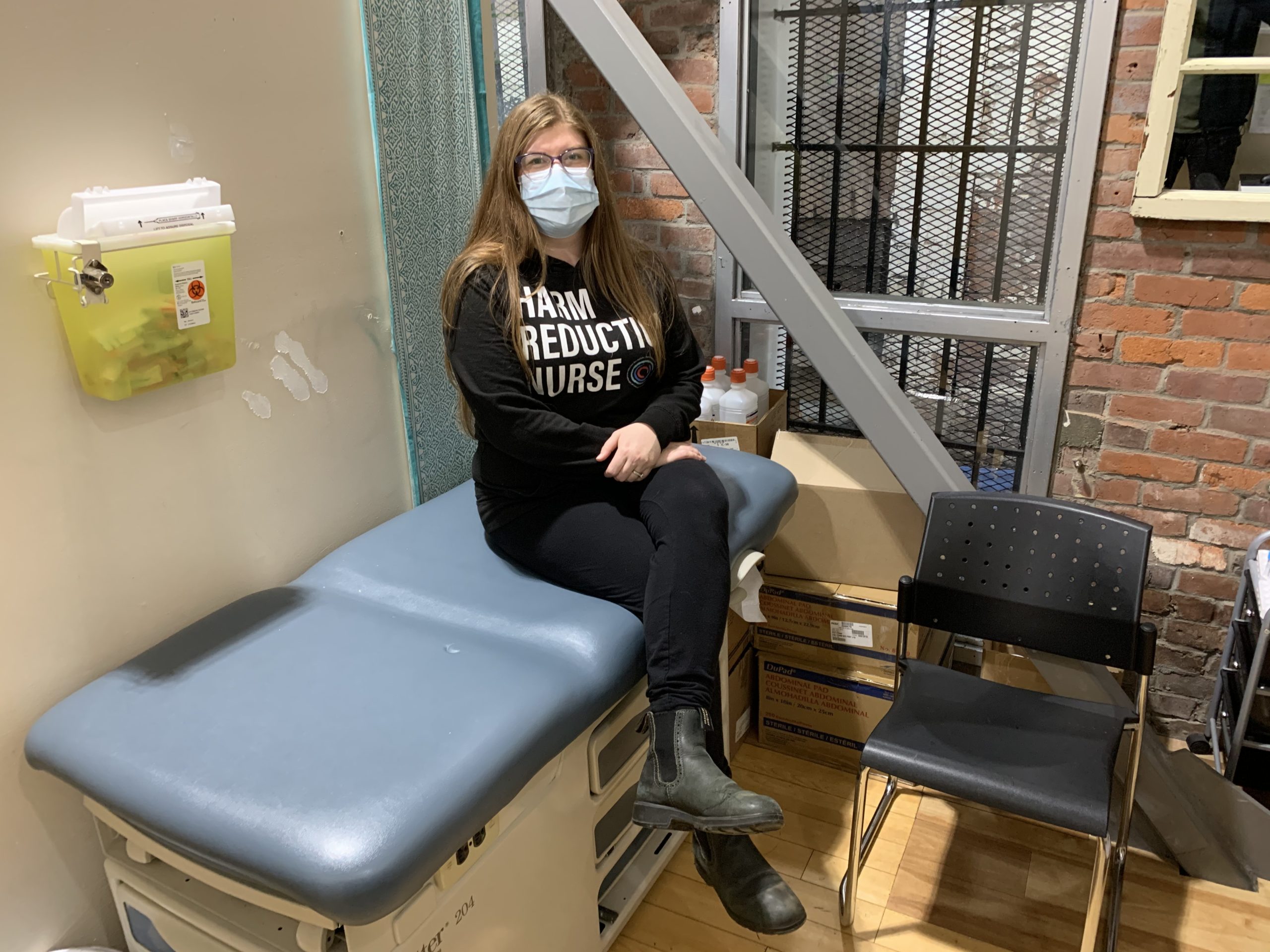Your support helps us to deliver innovative solutions
Join us at the Under Armour Eastside 10K. Click 'Events' to learn more
Agonist therapies for opioid use disorder prevent withdrawal and reduce cravings by offering pharmaceutical opioid alternatives to street drugs in a prescribed setting.
People living with opioid use disorder experience serious withdrawal symptoms when their supply is interrupted, including severe pain and nausea. It is unrealistic to expect long-term users to simply quit “cold turkey.”
The aim is to help bring stability to the patient by freeing them from the daily need to procure illegal drugs so they can better manage their medical, legal and personal issues.
Opioid agonist treatment (OAT) is an evidence-based medical option that aims to:
OAT treatments typically involve buprenorphine/naloxone, methadone and slow-release oral morphine. Unfortunately, this doesn’t work for everyone – some report side effects and others continue to feel cravings. That’s why PHS Community Services Society also offers innovative and new treatment options such as fentanyl patches and powder, with both witnessed and take-home options.
To ensure the safety of patients and people in the community, the treatment is administered by daily supervised injections of physician-prescribed doses in a clinical setting under an established medical protocol.
Partners :
Vancouver Coastal Health, Island Health, Ministry of Health
Developed in partnership with Vancouver Coastal Health and the Ministry of Health, tablet injectable opioid agonist therapy (Tablet iOAT or TiOAT) involves participants receiving hydromorphone tablets which they crush, cook and inject. All doses are witnessed, with post-dose observation to ensure safety.
This is a patient-led process of care, based on each individual’s personal goals and the context of their lives. As with all OAT programs the goal is bringing stability and improving day-to-day functioning by removing drug cravings.
These services are offered to service users in Vancouver and Victoria, fully supported by Vancouver Coastal Health and Island Health.
